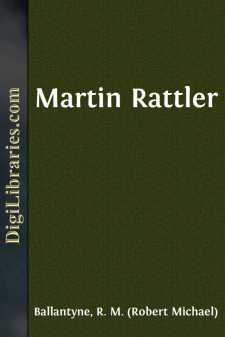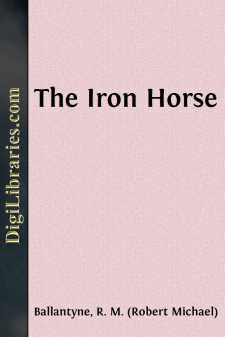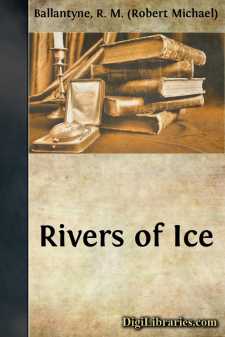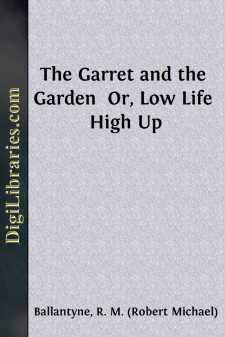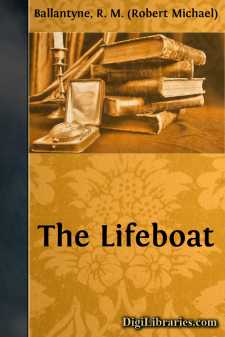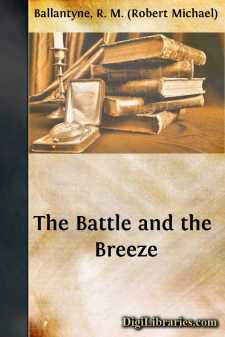Categories
- Antiques & Collectibles 13
- Architecture 36
- Art 48
- Bibles 22
- Biography & Autobiography 813
- Body, Mind & Spirit 142
- Business & Economics 28
- Children's Books 15
- Children's Fiction 12
- Computers 4
- Cooking 94
- Crafts & Hobbies 4
- Drama 346
- Education 46
- Family & Relationships 57
- Fiction 11828
- Games 19
- Gardening 17
- Health & Fitness 34
- History 1377
- House & Home 1
- Humor 147
- Juvenile Fiction 1873
- Juvenile Nonfiction 202
- Language Arts & Disciplines 88
- Law 16
- Literary Collections 686
- Literary Criticism 179
- Mathematics 13
- Medical 41
- Music 40
- Nature 179
- Non-Classifiable 1768
- Performing Arts 7
- Periodicals 1453
- Philosophy 64
- Photography 2
- Poetry 896
- Political Science 203
- Psychology 42
- Reference 154
- Religion 513
- Science 126
- Self-Help 84
- Social Science 81
- Sports & Recreation 34
- Study Aids 3
- Technology & Engineering 59
- Transportation 23
- Travel 463
- True Crime 29
Martin Rattler
Categories:
Description:
Excerpt
CHAPTER I
THE HERO AND HIS ONLY RELATIVE
Martin Rattler was a very bad boy. At least his aunt, Mrs. Dorothy Grumbit, said so; and certainly she ought to have known, if anybody should, for Martin lived with her, and was, as she herself expressed it, "the bane of her existence,—the very torment of her life." No doubt of it whatever, according to Aunt Dorothy Grumbit's showing, Martin Rattler was "a remarkably bad boy."
It is a curious fact, however, that, although most of the people in the village of Ashford seemed to agree with Mrs. Grumbit in her opinion of Martin, there were very few of them who did not smile cheerfully on the child when they met him, and say, "Good day, lad!" as heartily as if they thought him the best boy in the place. No one seemed to bear Martin Rattler ill-will, notwithstanding his alleged badness. Men laughed when they said he was a bad boy, as if they did not quite believe their own assertion. The vicar, an old whiteheaded man, with a kind, hearty countenance, said that the child was full of mischief, full of mischief; but he would improve as he grew older, he was quite certain of that. And the vicar was a good judge, for he had five boys of his own, besides three other boys, the sons of a distant relative, who boarded with him; and he had lived forty years in a parish overflowing with boys, and he was particularly fond of boys in general. Not so the doctor, a pursy little man with a terrific frown, who hated boys, especially little ones, with a very powerful hatred. The doctor said that Martin was a scamp.
And yet Martin had not the appearance of a scamp. He had fat rosy cheeks, a round rosy mouth, a straight delicately-formed nose, a firm massive chin, and a broad forehead. But the latter was seldom visible, owing to the thickly-clustering fair curls that overhung it. When asleep Martin's face was the perfection of gentle innocence. But the instant he opened his dark-brown eyes, a thousand dimples and wrinkles played over his visage, chiefly at the corners of his mouth and round his eyes; as if the spirit of fun and the spirit of mischief had got entire possession of the boy, and were determined to make the most of him. When deeply interested in anything, Martin was as grave and serious as a philosopher.
Aunt Dorothy Grumbit had a turned-up nose,—a very much turned-up nose; so much so, indeed, that it presented a front view of the nostrils! It was an aggravating nose, too for the old lady's spectacles refused to rest on any part of it except the extreme point. Mrs. Grumbit invariably placed them on the right part of her nose, and they as invariably slid down the curved slope until they were brought up by the little hillock at the end. There they condescended to repose in peace.
Mrs. Grumbit was mild, and gentle, and little, and thin, and old,—perhaps seventy-five; but no one knew her age for certain, not even herself. She wore an old-fashioned, high-crowned cap, and a gown of bed-curtain chintz, with flowers on it the size of a saucer....


